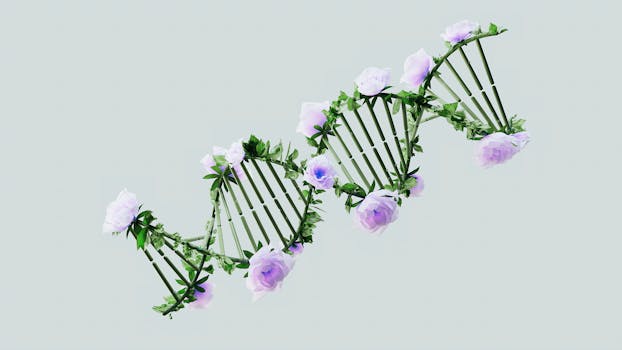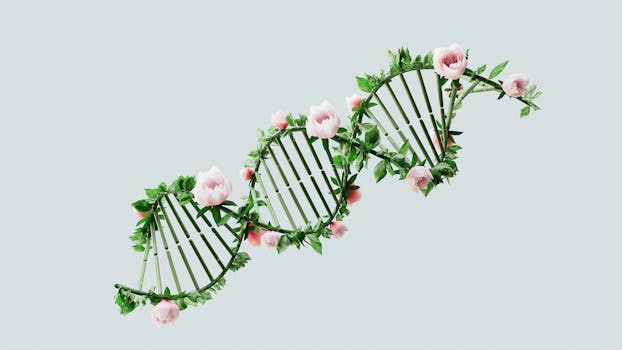
The Role of Genetics in Human Health and Disease
Introduction to Genetics and Human Health

The role of genetics in human health and disease is a complex and multifaceted field of study. Genetics, the study of heredity and variation, has made tremendous progress in recent years, and our understanding of the human genome has revolutionized the field of medicine. The role of genetics in human health and disease is now recognized as a critical factor in the development and progression of many diseases, and genetic testing and counseling are becoming increasingly important tools in the prevention and treatment of disease.
Genetics is the study of heredity and variation, and it involves the examination of the structure and function of genes and their role in the development and function of living organisms. The human genome, which is the complete set of genetic instructions encoded in an individual’s DNA, is made up of more than 3 billion base pairs of DNA and contains approximately 20,000-25,000 protein-coding genes.
Genetic Disorders and Diseases

Genetic disorders and diseases are conditions that are caused by changes or mutations in an individual’s DNA. These changes can occur in one or more genes and can be inherited from one’s parents or can occur spontaneously due to environmental factors such as radiation or chemical exposure. Some common genetic disorders and diseases include sickle cell anemia, cystic fibrosis, and Huntington’s disease.
In addition to genetic disorders, many common diseases such as heart disease, diabetes, and cancer have a genetic component. For example, individuals with a family history of heart disease are more likely to develop the condition themselves, and genetic testing can identify individuals who are at increased risk of developing certain diseases.
Genetic Testing and Counseling

Genetic testing and counseling are important tools in the prevention and treatment of genetic disorders and diseases. Genetic testing involves the analysis of an individual’s DNA to identify genetic mutations or changes that may increase the risk of developing certain diseases. Genetic counseling involves the interpretation of genetic test results and the provision of information and guidance to individuals and families about their risk of developing certain diseases.
Genetic testing can be used to identify individuals who are at increased risk of developing certain diseases, and it can also be used to diagnose genetic disorders and diseases. For example, genetic testing can be used to diagnose sickle cell anemia and cystic fibrosis, and it can also be used to identify individuals who are at increased risk of developing heart disease and cancer.
Conclusion

In conclusion, the role of genetics in human health and disease is a complex and multifaceted field of study. Understanding the complex interactions between genetic and environmental factors is essential for developing effective treatments and prevention strategies. Genetic testing and counseling are important tools in the prevention and treatment of genetic disorders and diseases, and they can provide individuals and families with valuable information and guidance about their risk of developing certain diseases.





